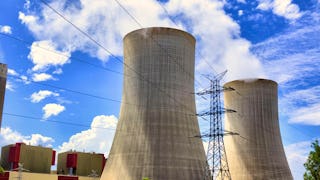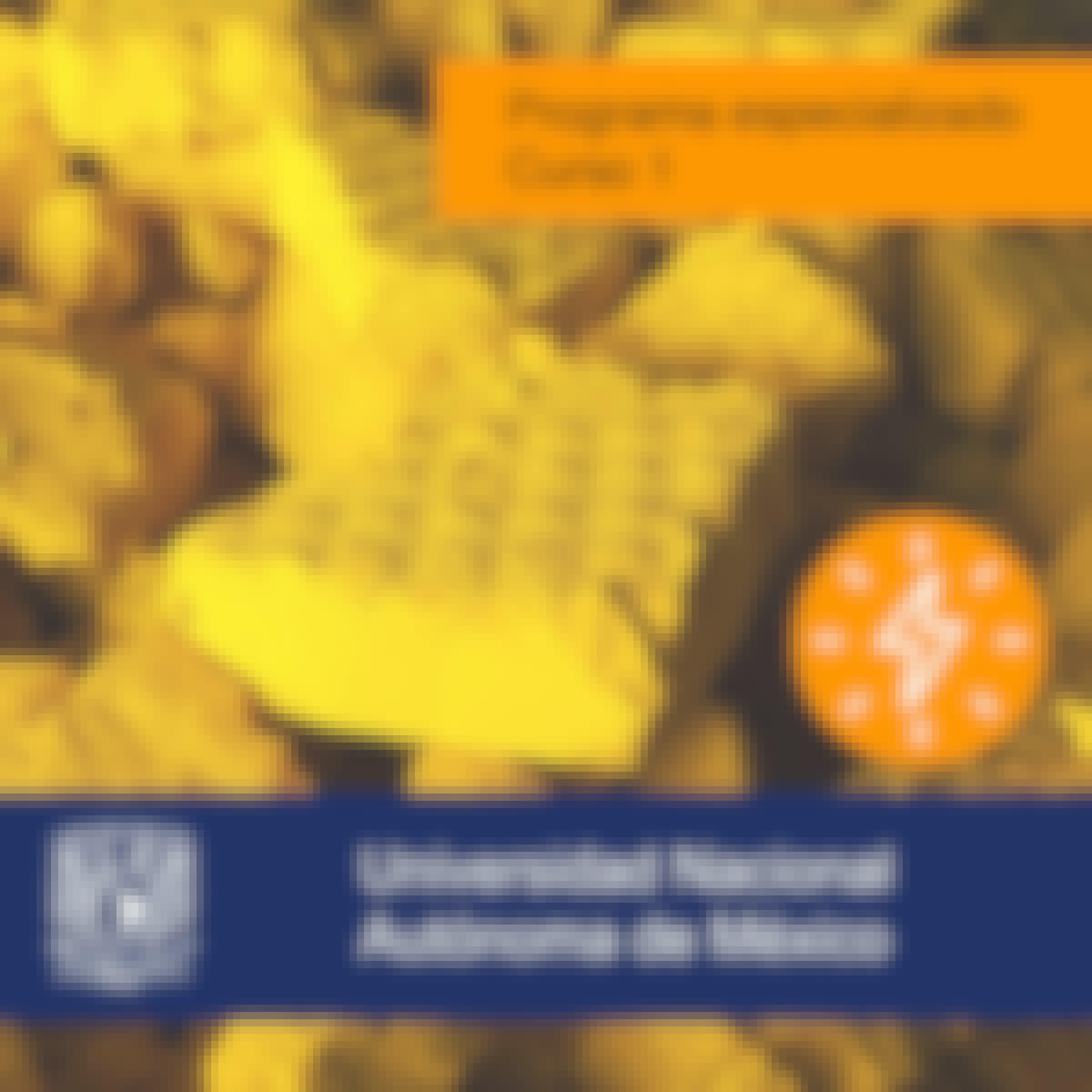Filter by
SubjectRequired
LanguageRequired
The language used throughout the course, in both instruction and assessments.
Learning ProductRequired
LevelRequired
DurationRequired
SkillsRequired
SubtitlesRequired
EducatorRequired
Explore the Nuclear Course Catalog

University of Michigan
Skills you'll gain: Mental Health, Psychiatry, Stress Management, Neurology, Mathematical Modeling, Patient Safety, Cardiology, Accident Prevention, Public Health, Vital Signs, Pharmacology, Public Health and Disease Prevention, Biology

University of Manchester
Skills you'll gain: Laboratory Experience, Biochemistry, Chemistry, Quantitative Research, Vibrations, Engineering, Scientific, and Technical Instruments, Virtual Reality, Physics, Engineering Analysis

Duke University
Skills you'll gain: Scientific Methods, Chemistry, Laboratory Research, General Science and Research, Systems Of Measurement, Physics, Engineering Calculations
 Status: Free Trial
Status: Free TrialSkills you'll gain: Electrical Power, Electric Power Systems, Electrical Systems, Control Systems, Electrical Substation, Energy and Utilities, Plant Operations and Management, Electrical Equipment, Three-Phase, Power Electronics, Automation Engineering, Electrical Engineering, Process Control, Basic Electrical Systems, Electrical Safety, Thermal Management

University of Manchester
Skills you'll gain: Process Engineering, Molecular Biology, Chemical Engineering, Life Sciences, Biochemistry, Bioinformatics, Biology, Pharmaceuticals, Environmental Engineering, Manufacturing Processes, Process Development, Microbiology

The University of Sydney
Skills you'll gain: Radiation Protection, Medical Imaging, Radiology, Radiography, X-Ray Computed Tomography, Magnetic Resonance Imaging, Medical Ultrasonography, Patient Education And Counseling, Physics, Biology, Chemistry
 Status: Free Trial
Status: Free TrialSkills you'll gain: Energy and Utilities, Safety Assurance, Environmental Regulations, Accident Prevention, Environment and Resource Management, Environmental Engineering, Plant Operations and Management, Waste Minimization, Fire And Life Safety, Chemical Engineering, Risk Analysis, Failure Mode And Effects Analysis, Electric Power Systems, Process Engineering

Rutgers the State University of New Jersey
Skills you'll gain: Data Analysis Software, Spatial Data Analysis, Image Analysis, Scientific Visualization, Spatial Analysis, Science and Research, Physics, Physical Science, Probability & Statistics, Scientific Methods, Energy and Utilities

The Hong Kong University of Science and Technology
Skills you'll gain: Physics, Laboratory Experience, Experimentation, Advanced Mathematics, Physical Science, Mathematical Modeling

Moderna
Skills you'll gain: Molecular Biology, Pharmacology, Biochemistry, Precision Medicine, Pharmaceuticals, Emerging Technologies, Medical Science and Research, Infectious Diseases, Oncology, Public Health and Disease Prevention
 Status: Free Trial
Status: Free TrialUniversidad Nacional Autónoma de México
Skills you'll gain: Energy and Utilities, Manufacturing Operations, Production Process, Manufacturing Processes, Process Engineering, Chemical Engineering, Engineering Calculations, Chemistry, Environment and Resource Management, Natural Resource Management
 Status: Free Trial
Status: Free TrialUniversity at Buffalo
Skills you'll gain: Environmental Regulations, Electrical Safety, Safety Training, Occupational Safety and Health Administration (OSHA), Energy and Utilities, Hazard Communication (HazCom), Environment Health And Safety, Health And Safety Standards, Safety and Security, Fall Protection, Fire And Life Safety, Regulatory Compliance, First Aid, Emergency Response
Nuclear learners also search
In summary, here are 10 of our most popular nuclear courses
- Sleep: Neurobiology, Medicine, and Society: University of Michigan
- Introduction to Molecular Spectroscopy: University of Manchester
- Introduction to Chemistry: Reactions and Ratios: Duke University
- Electrical Power Generation - An Industrial Outlook: L&T EduTech
- Industrial Biotechnology: University of Manchester
- Life, Health and Radiation: The University of Sydney
- Utilities, Safety & Environmental Care in Oil & Gas Industry: L&T EduTech
- Analyzing the Universe: Rutgers the State University of New Jersey
- Understanding Modern Physics II: Quantum Mechanics and Atoms: The Hong Kong University of Science and Technology
- mRNAs as Medicines: Moderna










